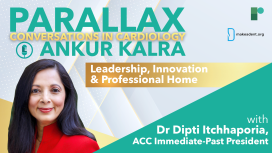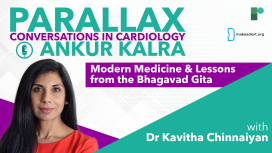
This week on Parallax, Dr Ankur Kalra welcomes Dr Brooke Aggarwal to dive deep into the fascinating intersection of behavioural science and nutrition education. Dr Brooke Aggarwal, an Assistant Professor at Columbia University Medical Center, focuses her research on how behavioural and psychological factors influence adherence to cardiovascular disease prevention guidelines.
In this episode, Dr Aggarwal shares insights from a groundbreaking study she worked on, the Family Intervention Trial for Heart Health (FIT Heart), unveiling the crucial role of social support and caregiver dynamics in maintaining healthy behaviours. Dr Kalra and Dr Aggarwal discuss innovative techniques such as motivational interviewing and cognitive behavioural therapy that are transforming the landscape of nutrition counselling.
Dr Aggarwal shares her insights into the practical applications of behavioural science in clinical settings, emphasising the importance of addressing cognitive distortions with evidence-based approaches. The discussion highlights the need for healthcare providers to adapt their language to enhance accessibility, creating a supportive environment for sustainable lifestyle changes within patients.
Join us as we explore how combining behavioural science with nutrition knowledge can empower individuals to take control of their health and create meaningful, sustainable improvements in their lives.




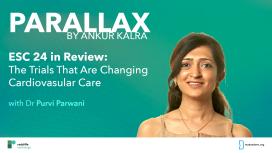

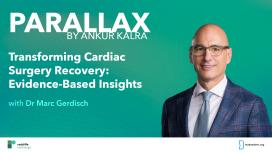
Dr Gerdisch shares insights into his research on rigid sternal fixation and enhanced recovery protocols, which have shown promising results in postoperative pain management and patient recovery.
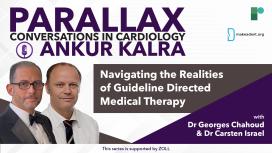
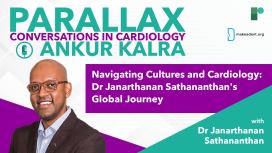
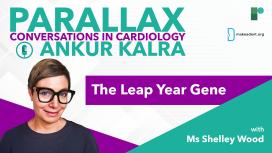


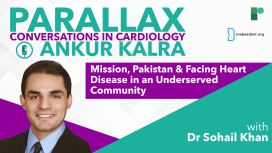
Dr Khan talks about education in the US and his decision to move back to Pakistan. Ankur asks Sohail about his new professional home: NICVD, a free clinic providing primary heartcare for Pakistanis. They discuss some of the innovations Dr Khan works on to improve patient care that utilise simple but effective interventions. We learn more about free screening clinics and about Dr Khan’s work on the largest ever study in Pakistan on association of Lpa and CV disease in South Asians.
